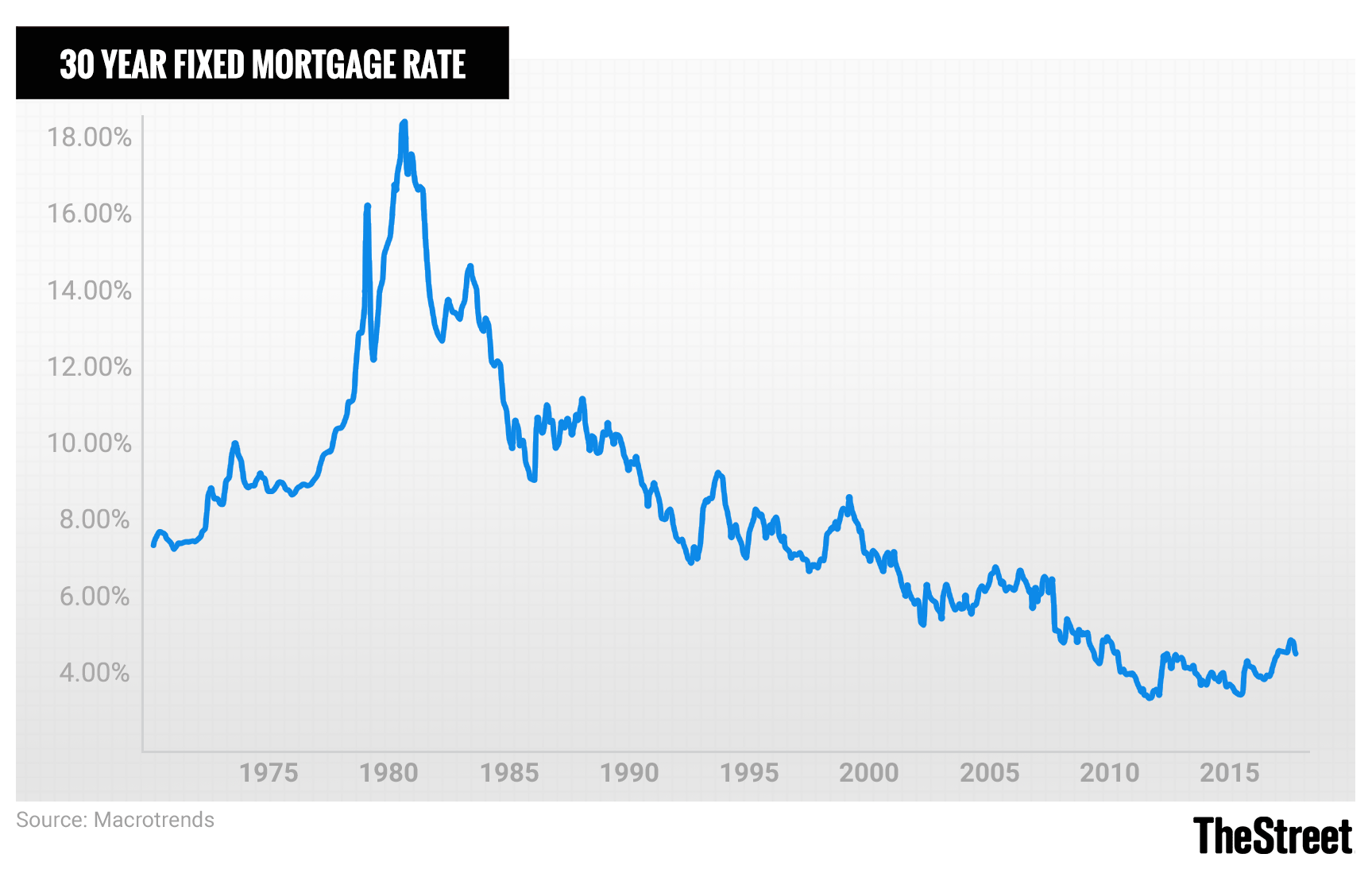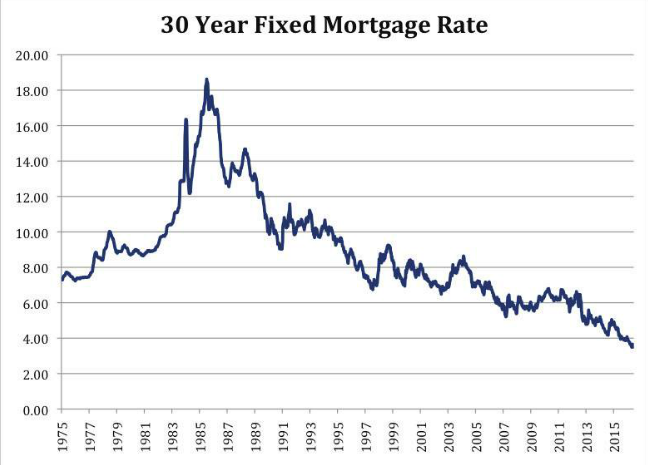
Opting for a shorter, 15-year term can help you pay off your mortgage more quickly compared to borrowers who choose longer terms. Lenders also typically offer lower rates on loans with shorter terms.

You’ll pay less in interest with a 15-year term compared to your interest costs with a 20- or 30-year loan. Pros and Cons of a 15-Year Mortgageīefore deciding on refinancing into a 15-year mortgage, consider these advantages and disadvantages. a 30-year loan as you weigh your options. Be sure to consider your overall costs with a 15-year vs. If you can lower your interest rate or want to shorten your repayment term, this could be a good idea.īut if you currently have a 30-year term and can’t afford higher payments, it might be better to stick with a longer term instead-though you’ll pay more in interest this way. Whether you should refinance your mortgage to a 15-year term depends on your individual circumstances and financial goals. Should I Refinance into a 15-Year Mortgage? On the other hand, if you currently have a 10-year term and want to extend it, you could reduce your payments but will end up paying more interest over time. However, this could still be a good middle option if you’re looking to pay off your mortgage quicker but don’t want the higher payments that come with a 10-year term.

Keep in mind that if you currently have a 20- or 30-year term and choose to shorten it to a 15-year term, you’ll save money on interest but will have a higher monthly payment because you’re paying off your loan balance faster.

A 15-year mortgage refinance is a new home loan that replaces your existing mortgage and is paid off in a 15-year span.


 0 kommentar(er)
0 kommentar(er)
